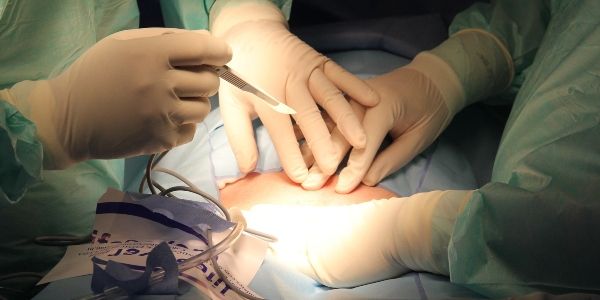
Ice sheets could add 39 centimetres to sea level by 2100
Scientists warn that if greenhouse gas emissions continue apace, Greenland and Antarctica’s ice sheets could together contribute more than 39cm to global sea level rise this century.

Scientists warn that if greenhouse gas emissions continue apace, Greenland and Antarctica’s ice sheets could together contribute more than 39cm to global sea level rise this century.

A little-known post-16 qualification could boost A-level and BTEC students’ numeracy skills and help meet ambitious government targets, according to new research.

Research by the University of Leeds has helped secure the highest government protection for internationally-important Vietnamese forests.

Scientists have for the first time identified the structure of a protein fibre linked to early-onset type 2 diabetes.

Surgeons could dramatically reduce the risk of infection after an operation by simply changing the antiseptic they use.

Professor Cath Noakes of the University of Leeds was the main scientific consultant to the makers of a new public information film designed to reduce the spread of COVID-19.

A global analysis reveals for the first time that across almost all tree species, fast growing trees have shorter lifespans.

Online courses developed by the Digital Education Service at the University of Leeds and focusing on employment skills have seen a 2000% increase in uptake since February 2020.

Drugs used to treat initial signs of rheumatoid arthritis also improve the early stages of heart disease, according to new research.

A new and quicker method of diagnosing diseases in patients has been created by researchers at the University of Leeds.